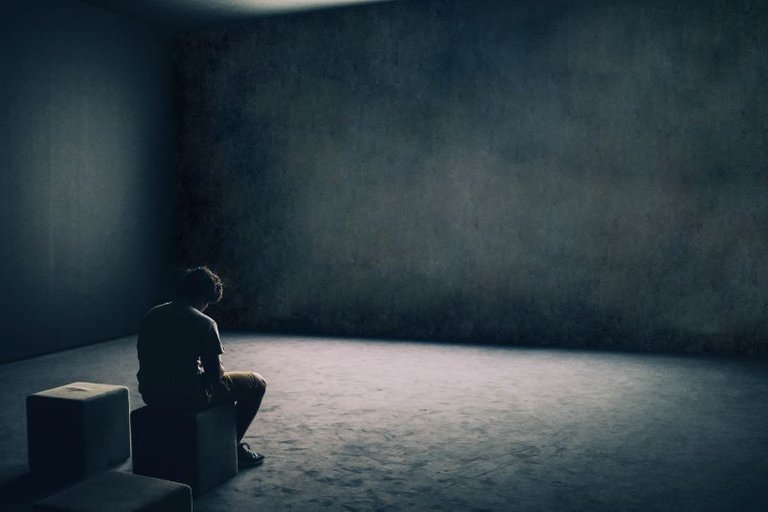Mental seclusion, also known as solitude or isolation, has long been viewed as a negative experience. Many people associate being alone with feelings of loneliness, boredom, and depression. However, recent research suggests that mental seclusion can actually be beneficial for our mental and physical well-being.
One of the main benefits of mental seclusion is that it allows for time to reflect and gain a better understanding of oneself. It is a time to be introspective, to think about one's emotions, thoughts, and actions. It is a time to be honest with oneself and to identify areas that need improvement. It is also an opportunity to gain a deeper understanding of one's values and beliefs. By taking the time to reflect and understand oneself, one can make changes that will lead to a more fulfilling and meaningful life.
Mental seclusion also allows for time to rest and recharge. The constant stimulation and demands of modern life can be draining. We are constantly bombarded with information, notifications, and the need to be connected to others. The constant noise can make it difficult to focus and to feel truly present in the moment. Mental seclusion provides a break from this constant stimulation, allowing us to relax and rejuvenate.
Moreover, mental seclusion can help us to be more creative. Being alone allows us to tap into our imagination and to focus on our ideas and projects. It is a time when we are free from distractions and can fully engage in the creative process. The absence of external pressures and demands allows for the mind to explore new ideas and to think outside the box.
Mental seclusion also has physical health benefits. Studies have shown that spending time alone can lower stress levels and improve overall physical health. When we are alone, we are not exposed to the stressors of social interactions and the pressure to conform to societal expectations. This can lead to a decrease in blood pressure and a reduction in the risk of heart disease. Despite the many benefits of mental seclusion, it is important to note that too much isolation can have negative effects. People who are isolated for prolonged periods of time may experience feelings of loneliness, depression, and anxiety. It is important to strike a balance between time alone and time spent with others.
